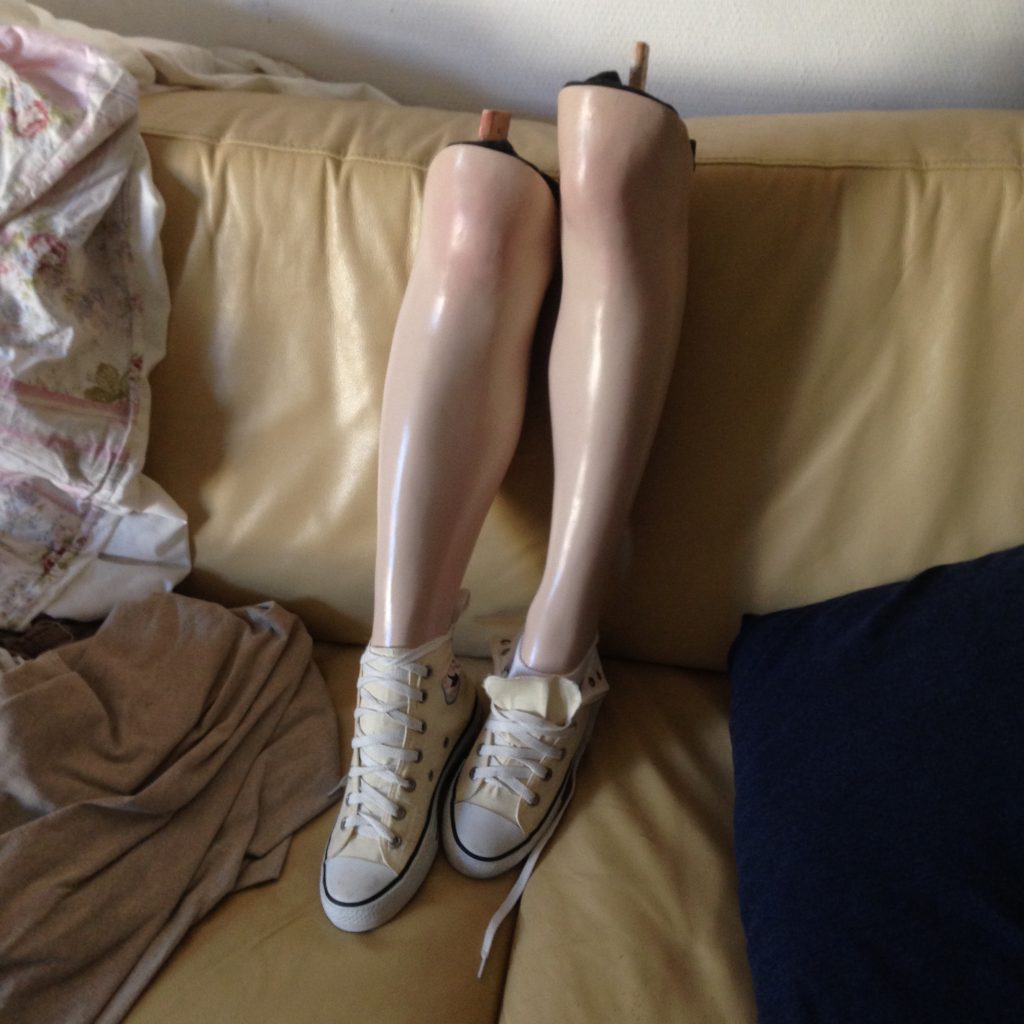Events
Anna Kończal, Martyna Krzysztofik, Jakub Klimaszewski, Paweł Kozłowski
visual settingMateusz Hajdo
music settingAntonis Skolias
directed by:Eva Rysová
Countdown 0 is the last episode of the performance Countdown
MOTTO: THE CONTINUATION EITHER EXISTS OR IT DOES NOT… YOU CAN TELL THE FOLLOW-UP OR ELSE IT DOES NOT EXIST
Georges Perec
3, 2, 1, start
An experimental four-day project by Eva Rysova. Each day is a different episode of the same show, a new constellation within the same formula. A tribute to the temporary nature of theatre, the uniqueness of the experience of one theatrical evening. Wednesday Thursday Friday…; three, two, one …
3, 2, 1, voilà
Eva Rysová and her team in the Countdown created for the Theatre Confrontations refer to the project Seven Strokes project which they carried out over the course of seven days during the TopOFFestival in Tychy in April 2019. The Seven Strokes was a performance which counted down the time leftfor the characters until the end of their stage life. It was like a carpet that was just rolling up, like a sketch or a painting from which somebody wipes out details, colours and events. Seven Strokes took the form of a seven-day theatrical series that inevitably changes and disappears, which strives for silence and stillness. The characters leave or die, the grass on which the actors play withers, the stage world degenerates, the memory dies. Today, Eva Rysová confronts the experience of the previous project, begins her new work on the remains of the previous, dead performance. We are again in the sterile space of the gallery, where Mateusz Hajdo exhibits his sculptures. But maybe it’s only appearances, because beware! one sculpture moved. Maybe it’s not a sculpture, but a doll? Maybe a mechanical actress? Or maybe…? Maybe it is enough to close your eyes and say – 3, 2, 1 … and … something is going to happen. Everything will start from the beginning, what has disappeared will come back, what has died will come to life in some way. So if the new project is a mirror to the previous one – it must be said that Countdown is a performance that counts down the time left to the characters until their stage life begins. The performance will resemble a carpet that is just unfolding, a sketch or a painting to which someone draws details, colors and events. A performance that is being created, which aims for the first full breath and scream of a newborn. Why does a newborn baby scream? Because something is blowing his lungs out. He feels the pain of the first breath.
3, 2, 1, opening night
Over the four days of presentation, the performance will to itself, it will count down its days to the real premiere, which will take place in front of the audience. The viewer will be able to enter its structure, become a character, a prop, narrator of the story, part of the situation. Perhaps he will take the form of a botanist who, unnoticed, carefully observes the changes taking place in the newly sprouting forest, will be delighted with the new life that is born on the dead trunks of old trees devoured by a bark beetle. Or maybe he will become the gardener who decides which flowers must give way to others so that those flowers can fully develop and bloom with dazzling colors.
In Eva Rysova’s project, each episode has its own autonomy, it is an integral whole. Yes – you can only see one episode. The one in the beginning, the one in the middle, the last one. But it’s best to drop by a few times to see the process, to grasp the principle of germination, to see how a play is created, how a word is born, how a man or an actor tears apart space. On a daily basis, theater pretends to be immutability, a form frozen in a perfect and faithful reconstruction, and yet it is a constant change, process, as well as adding and supplementing. Or maybe there will be a real birth on stage? There is such a chance. Or is it hope?
3 + 2 + 1 = 7
***
The author points out that theatre is an extraordinary place, but also an extraordinary time – and the latter corresponds to the festival’s motto Critical time/ Kairos. The impossible happens. The process of dying and the peculiar reincarnation of the play, presented in a pandemic time, gives hope. It prompts us to reflect on the shape of the theater, which is still reviving after the closure period. Will the new reality, after the present “critical time”, be reconstructed along with cultural institutions? Eva Rysova’s project points to the immortality of the theatrical medium, which, in the director’s view, never really ends. As if the play was played out forever, in a different (is it a “cariotic”?) Time?


